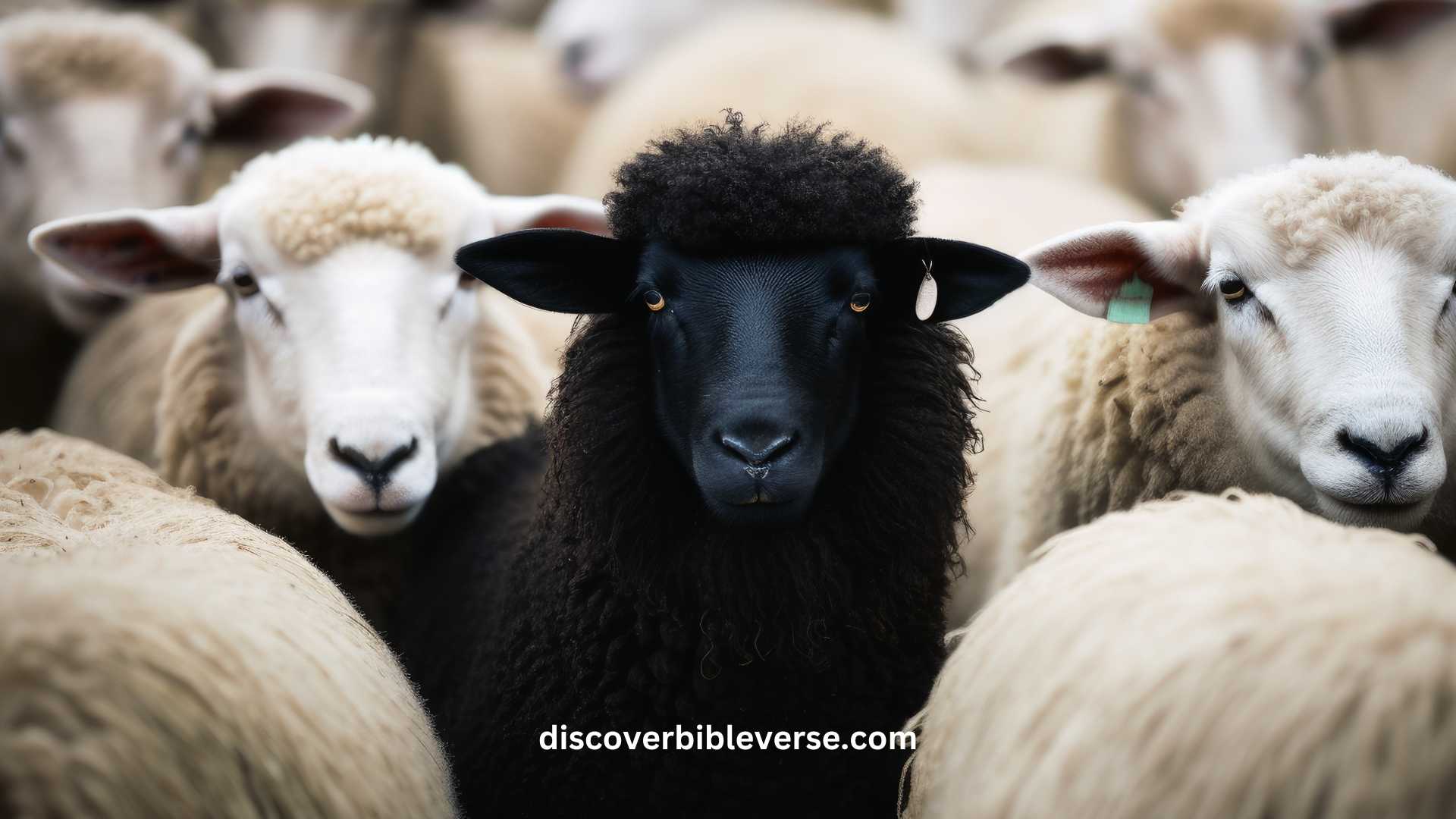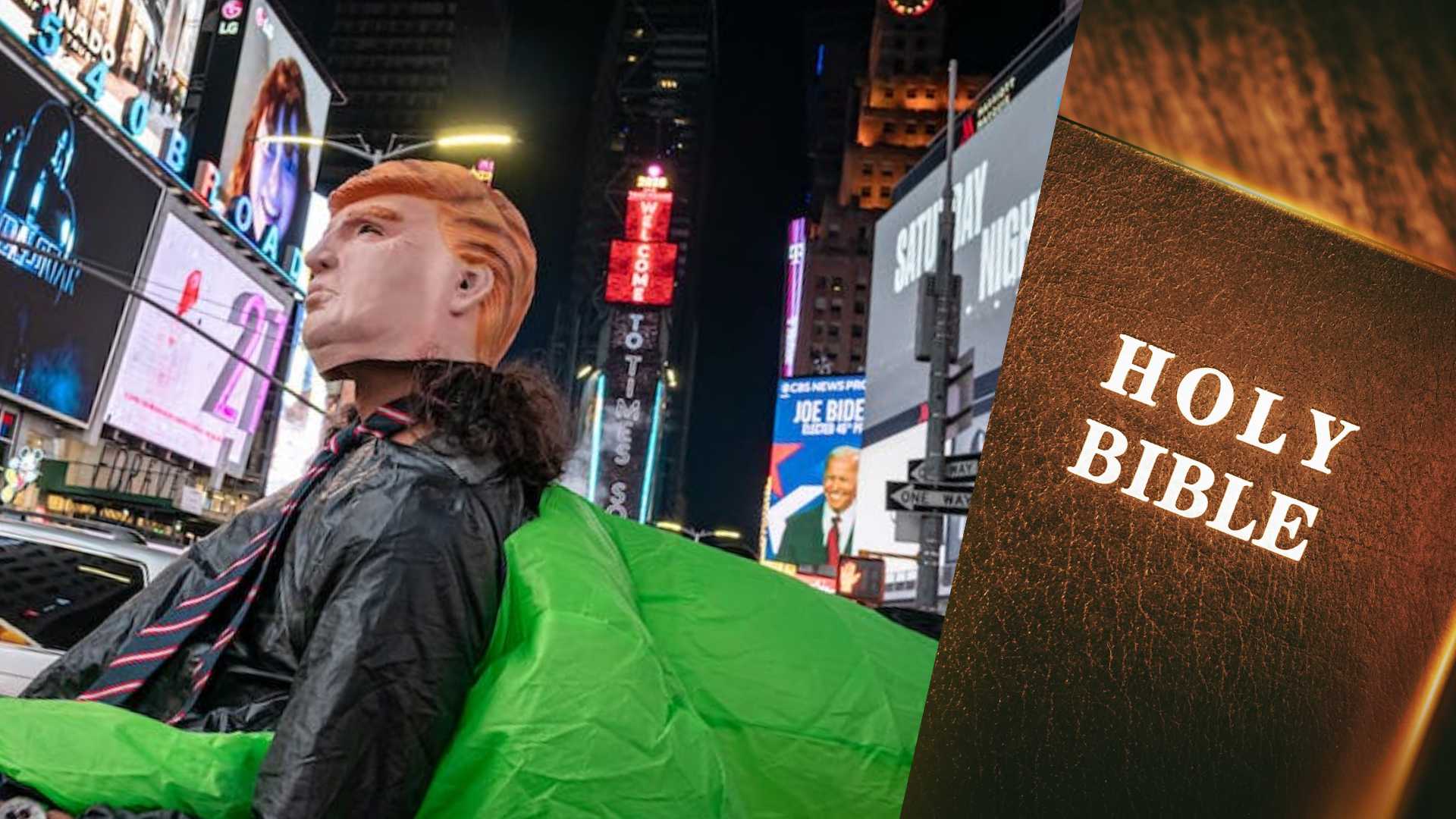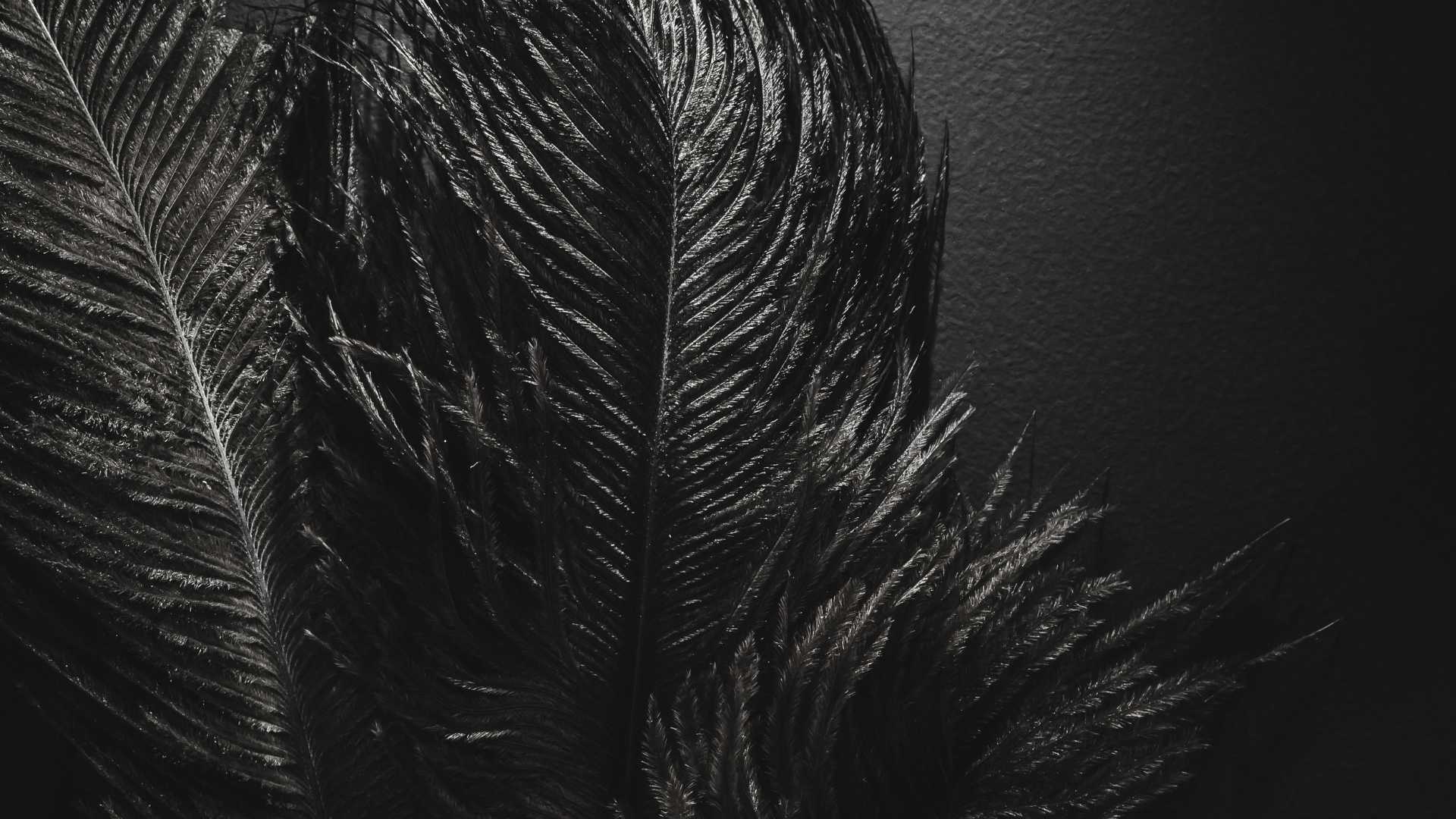In our exploration of the phrase “black sheep,” we delve into its significance both in the biblical context and within Irish culture, uncovering layers of meaning that span from historical interpretations to moral and spiritual lessons.
The Biblical Context of “Black Sheep”
The term “black sheep” symbolizes an outcast or someone who diverges from the norm, especially within a family or community. Biblically, it draws parallels with the parable of the Prodigal Son, a story where a younger son squanders his inheritance and becomes a source of shame and embarrassment to his family. This parable, found in the New Testament, illustrates the theme of redemption and forgiveness, highlighting how those who stray can still be welcomed back with open arms and love.
Biblical teachings often use the imagery of sheep—creatures known for their tendency to follow the herd—to represent followers of faith. The “black sheep,” then, is someone who strays from the path of righteousness but is nonetheless sought after by God. Just as a shepherd goes out of his way to find and save a lost sheep, so does God extend His grace to those who have wandered away from Him. This concept is beautifully encapsulated in the idea that, despite being lost or deemed unworthy by societal standards, every individual holds value in the eyes of the Divine and is worthy of redemption and love.
“Black Sheep” in Irish Culture
The phrase “black sheep” in Irish culture doesn’t stray far from its general interpretation as an outlier or the odd one out. However, the connection to the actual color of the sheep and its cultural implications in Ireland adds a layer of depth to the understanding. Traditionally, sheep farming is a common practice in Ireland, and the appearance of a black sheep in a predominantly white flock is a rare occurrence. This rarity makes the black sheep stand out, lending to the metaphorical use of the term for someone who differs markedly in character or behavior from their family or peer group.
Interestingly, an answer on Quora touches upon the symbolic nature of the black sheep within families, suggesting it refers to individuals who tend to wander off or get into trouble, akin to the biblical shepherd’s efforts to protect and save these wandering sheep. The answer further aligns with the biblical portrayal of Jesus Christ as the Good Shepherd, who dedicates Himself to saving those who have gone astray, emphasizing the themes of forgiveness, acceptance, and unconditional love.
Merging Insights for a Comprehensive Understanding
By weaving together the biblical insights and the cultural nuances of the term “black sheep” within Irish culture, we uncover a rich tapestry of meaning that transcends specific contexts. Whether viewed through the lens of spirituality or cultural heritage, the essence of the “black sheep” speaks to the universal human experience of feeling isolated or different, while also highlighting the potential for understanding, acceptance, and transformation.
Incorporating real-life examples, such as the story of the Prodigal Son, and referencing cultural practices like sheep farming in Ireland, makes these concepts more relatable and tangible. The overarching message is one of hope and encouragement: no matter how far one may stray, the possibility of return and redemption is always present, underscored by a divine or communal willingness to welcome back with open arms.
This exploration of “black sheep” from both biblical and Irish perspectives offers readers a multifaceted understanding of the term, encouraging reflection on themes of belonging, forgiveness, and the enduring power of unconditional love.
Related Questions on “Black Sheep Meaning In The Bible”
1. What does it mean when someone says they inherited the ‘black Irish’ gene?
The term ‘black Irish’ often refers to Irish people with dark hair and dark eyes, believed to be descendants of the Spanish Armada’s survivors who stayed in Ireland. It contrasts with the stereotypical image of Irish people having red or light hair and pale skin.
2. Why were black people referred to as ‘daoine gorm’ (blue people) in Irish Gaelic?
In Irish Gaelic, black people were referred to as ‘daoine gorm’ or ‘blue people’ due to linguistic and cultural nuances. The term ‘fear dubh’ (black man) traditionally referred to the devil, so ‘fear gorm’ (blue man) became a way to describe black people without using the term associated with evil.
3. What’s the meaning and origin of the phrase ‘the black sheep of the family’?
The phrase ‘the black sheep of the family’ originates from the noticeable difference a black sheep has in a flock of white sheep, symbolizing someone who significantly differs in character or behavior from the rest of a family or group, often carrying a negative connotation.





Онлайн Казино Клубника: яркий дизайн, огромный выбор игр и приятные бонусы
клубника казино официальный сайт клубника казино официальный сайт .